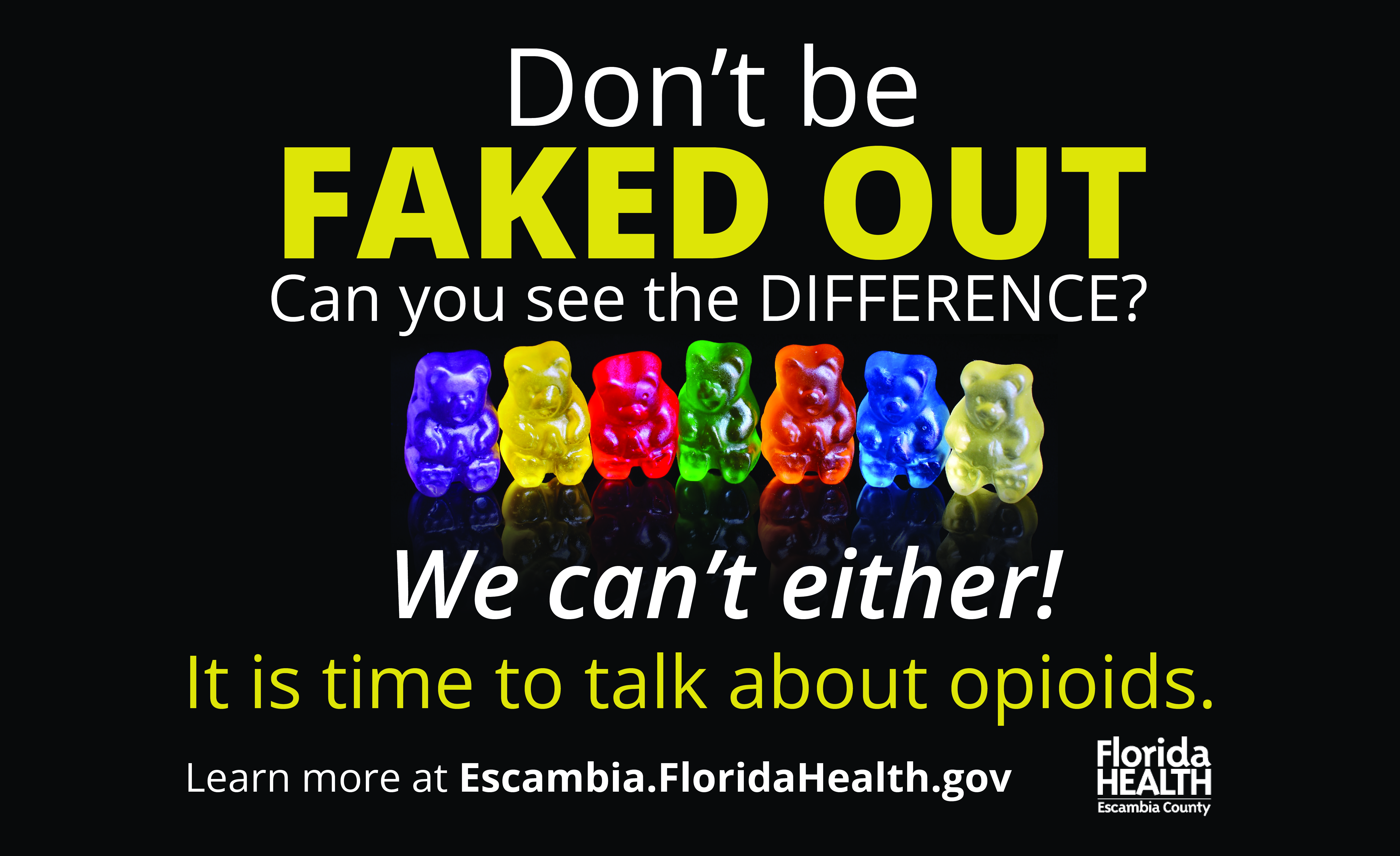#EndOverdose
OD2A
- 850-316-2786
-
Mailing Location
1295 West Fairfield Drive
Pensacola, FL 32501
Overdose Prevention Programs:
Resources:
You can help to #ENDOVERDOSE

Ending overdose requires a comprehensive and multifaceted approach, involving individuals, communities, healthcare systems, and policy makers. By working together and implementing various strategies, we can strive towards a future where overdose is eradicated, and lives are saved.
Education is a vital tool in the fight to #endoverdose. Raising awareness about the risks associated with substance use, promoting safe practices, and disseminating accurate information empower individuals to make informed choices. By fostering a culture of knowledge and understanding, we can prevent overdose before it occurs.
Access to effective treatment and support services is paramount. Expanding availability and affordability of evidence-based therapies, such as medication-assisted treatment, counseling, and support groups, provides individuals with the resources they need to overcome addiction and prevent relapse. By removing barriers to treatment, we ensure that everyone can access the care they require.
Nurturing a culture of compassion and empathy is crucial in supporting those affected by drug use. By reducing stigma, we create an environment where individuals feel comfortable seeking help without fear of judgment. Supporting harm reduction strategies, such as naloxone distribution and needle exchange programs, can save lives and provide a bridge to recovery.
Investing in research and innovation is essential to develop new interventions, medications, and technologies that can prevent overdose and support long-term recovery. By supporting scientific advancements, we can continuously improve our understanding of addiction, enhance treatment options, and refine overdose prevention strategies.
Engaging community partnerships and collaboration is key. By bringing together healthcare providers, community organizations, law enforcement, and individuals with lived experience, we can develop comprehensive strategies that address the unique needs of different populations. Community-driven initiatives create a network of support, foster resilience, and empower individuals to take charge of their health and well-being.
Effective regulation and policy reforms are essential in preventing overdose. This includes implementing evidence-based prescribing practices, regulating the availability of opioids and other substances, and addressing social determinants of drug use, such as poverty and mental health disparities. By enacting comprehensive policies, we can curtail the supply and demand for harmful substances, while prioritizing public health and safety.
Ending overdose is a collective responsibility that requires the participation and commitment of all stakeholders. By combining education, access to treatment, compassion, research, community engagement, and policy reforms, we can create a world where overdose is no longer a devastating reality. Together, we have the power to save lives, restore hope, and build a brighter future for all.



Connect with DOH